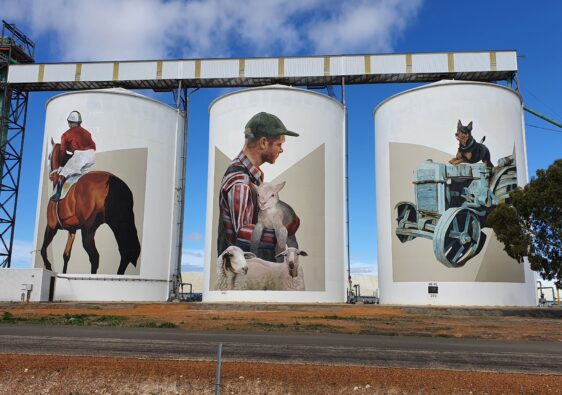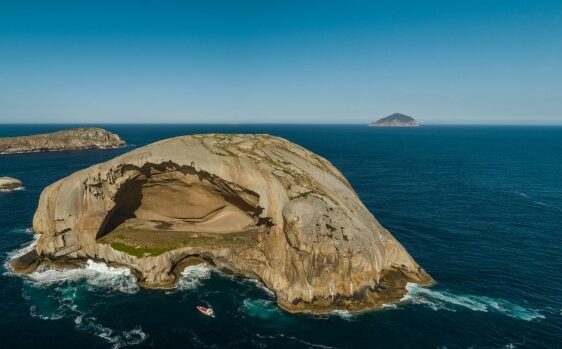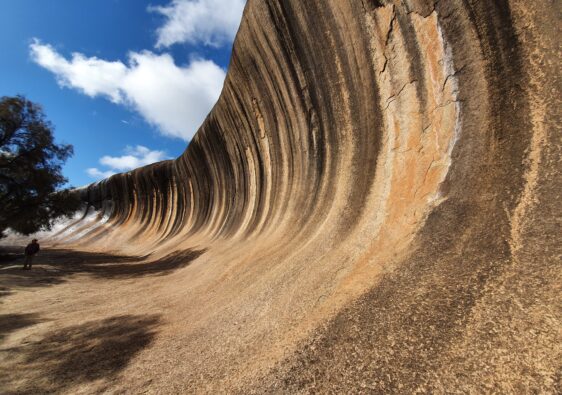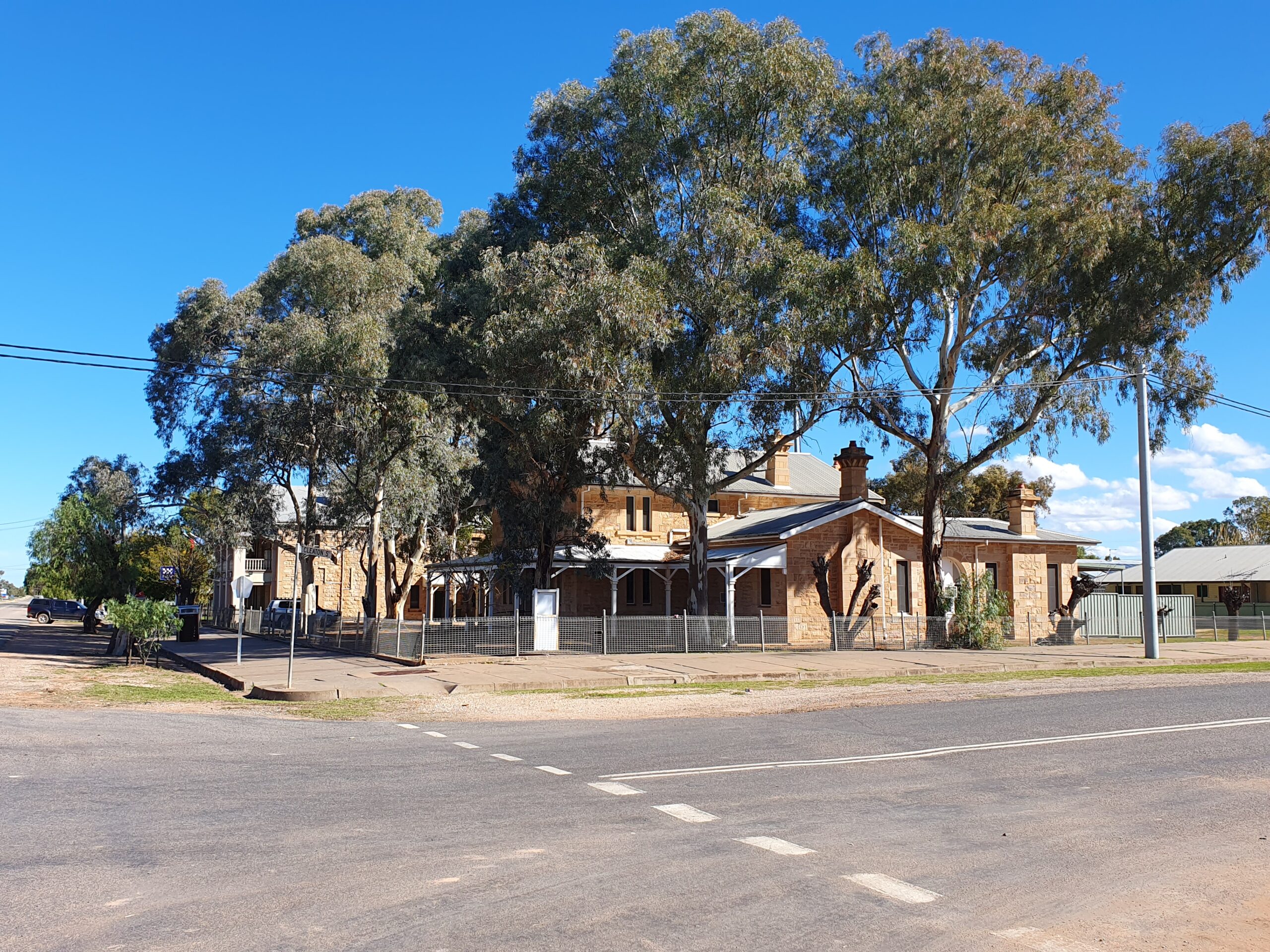ANZAC Day (Australia New Zealand Army Corp)in Australia is a national day of remembrance in Australia and New Zealand that broadly commemorates all Australians and New Zealanders “who served and died in all wars, conflicts, and peacekeeping operations” and “the contribution and suffering of all those who have served”. It is a public holiday and a day that I have reflected on over the years and why it resonates so strongly with Australians & New Zealanders. As the mature years roll on, I have come to understand what this “Mateship” means as similar experiences in one’s own life emerge when sacrifices are made and challenging times present themselves. As Michael Casey said” On the road to maturity we all experience the horrors of war, even though there may not be any visible scars.”
It has been said that no one is born a hero; a person becomes heroic. It seems certain men and women become heroes simply by responding creatively to a situation which they had no part in creating. A teenager saves many lives during the bushfires, another dives into icy waters to rescue a drowning child. They don’t set out to achieve notoriety or catapult themselves into greatness, they seem genuinely dazed by the attention their actions generated.
One of the most famous stories in Australia’s history at ANZAC Cove 1915 was about John Kirkpatrick. He was born in Newcastle UK. (I always perk up when Newcastle is mentioned, my brother Tim went to Newcastle University in the late 60’s, Bryan Ferry, remember him, was also there at the same time). Newcastle is on the coast and John Kirkpatrick lived near the beach and he took on a summer job taking children for rides on donkeys along the beach. The owner noticed his gentleness and oneness with the donkeys.
There was a turning point in his life when his father died and he decided to join the merchant navy age 17 in 1909. He deserted the ship when arriving in Newcastle Australia in 1910, worked many jobs and made his way across Australia to Fremantle. He wrote many letters to his mother and his desire to return home.
He saw an opportunity when the first World War broke out, so he decided to join the army as a medic, he thought this would enable him to return to England, transfer to the British Army, so he could be near his home in Aldershot.
John Simpson Kirkpatrick changed his name when he enlisted in the army to John Simpson but is known as Jack Simpson (& his donkey) in Australia. He was very strong physically, as he was a stoker in the merchant navy.
Enroute to England in 1915 instructions were given to change course and sail for Gallipolli to engage with the Turks. They landed on the 25th April. As he came ashore, the soldier in front and behind him were shot and mortally wounded. Not long after landing Simpson saw a donkey feeding in the cove on the grasses, the animal had completed it’s job of transporting equipment off the vessels to the front line up the hillside.
Simpson had other ideas for the donkey; he started to ferry the wounded back to the base hospital. He walked 2.5 klm up Shrapnel Alley, then returned with injured soldiers. Fellow soldiers told him to take cover and don’t be silly, his reply was, “they’re my troubles.”
He walked this route 12-15 times day & night, with great fear and danger, sometimes only 15 metres separated the Turks & Aussies. On one occasion Simpson did not return to his post, he befriended some Indian Soldiers, they also had mules to pull their guns, but they also had fodder to feed them. This was an opportunity to rest and feed the donkey. This is a desertable offence not to return to your post, he should have been court marshaled, but his commander (John Monash) supported him in what he was doing and told him to continue.
The Indian Soldiers had the utmost respect for Simpson and called him ‘Batidua’ The Bravest of the Brave.
On May 19th the bloodiest day of the battle, 10,000 fell, gunfire, shrapnel, snipers were all around. Someone shouted machine gun fire! they don’t know if he heard, but he kept walking up Monash Valley. He was shot through the back and died.
Sometimes people give there life for others by riding only a donkey into town, altering the course of human history, Jack Simpson risked his life to rescue 300 wounded soldiers on a donkey in only 24 days that moved and changed a nation, even though he is not a hero in his country of birth. Captain Tom Moore did laps around his garden and captured the heart of a nation, inspiring millions with his heroic efforts and raised an incredible amount of money.
Maybe the simple ordinary things of human nature have more to offer and leave an enduring legacy when we are gone, than trying to impress others with something more complex and impressive, to store up our own treasures of self popularity. Life is Ordinary, Obscure & Labourious. Like Tom Moore, Jack Simpson and countless others, may we also respond creatively to situations that are unique to us and become accidental heroes to our family & those around us. Enjoy our day of remembrance.




